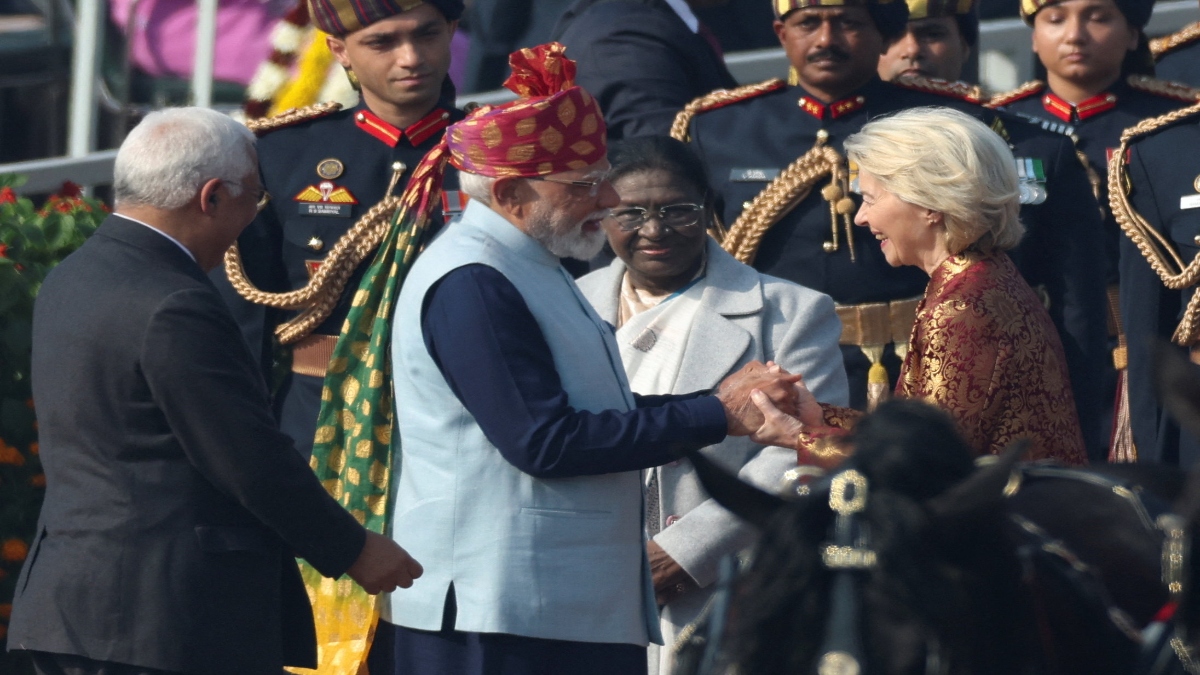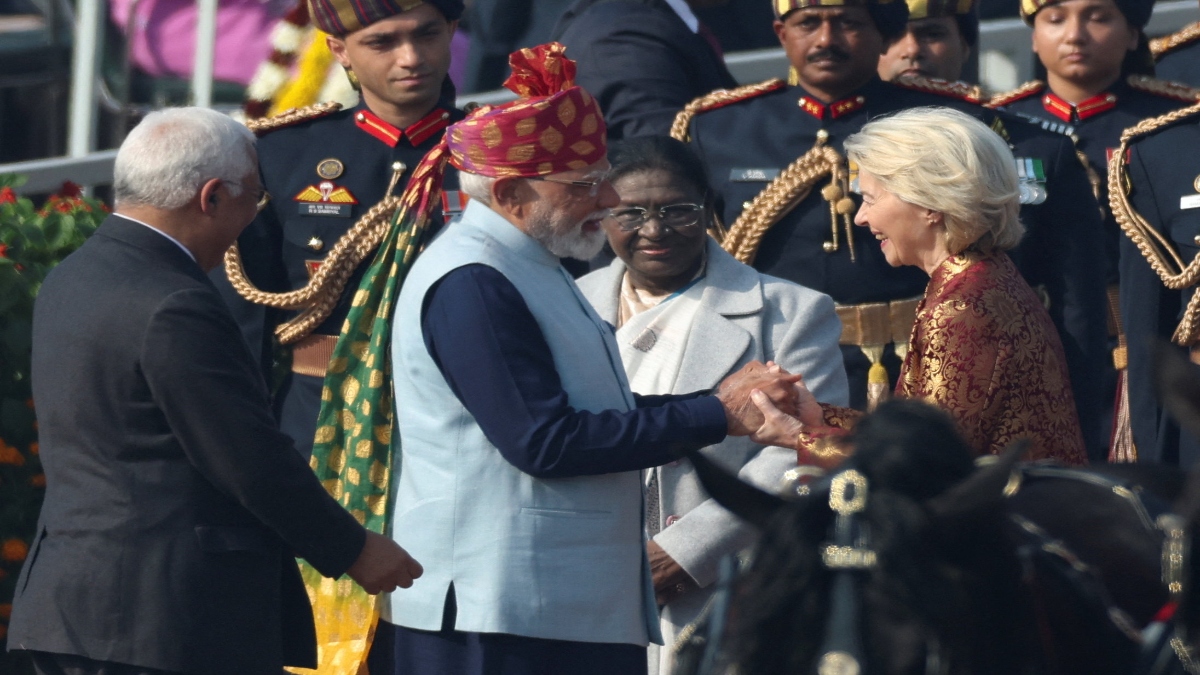The inauguration of the Ram Temple in Ayodhya marks a significant moment in Indian history carrying both domestic and global implications. As the temple opens its doors, it becomes crucial to analyse the multifaceted impact it may have on India’s socio-political landscape and its standing on the global stage.
Domestic implications
Harmony and unity: Ayodhya, a city steeped in history, has witnessed its share of painful and violent episodes. However, the completion of the temple represents a symbolic end to that tumultuous narrative. Prime Minister Narendra Modi’s assertion that Lord Ram belongs to everyone emphasizes the hope for a new chapter characterised by harmony and unity.
Civilisational milestone: Ayodhya’s significance as the birthplace of Lord Ram is deeply ingrained in Indian culture. The temple’s construction signifies a civilisational milestone akin to a homecoming for the revered deity, fostering a sense of cultural identity and pride.
Political implications: As India approaches elections, the political implications of the temple’s construction are noteworthy. The Bharatiya Janata Party had promised the temple’s construction and its rise is closely linked to the Ram Temple issue. The event is likely to feature prominently in the political discourse leading up to the elections.
Global implications
Soft power: The story of Lord Ram is not confined to India; it resonates across Asia. Different versions of the Ramayan are embraced by countries like Thailand, Cambodia, Laos, China, Myanmar, Indonesia and Vietnam. This shared cultural heritage can be leveraged as soft power fostering closer ties between India and these nations.
Quick Reads
View AllTourism boost: The Ramayana’s global influence can potentially boost tourism in India, especially from Asian countries where the epic is widely known. Initiatives like the Ramayan Railway Circuit linking Ayodhya, Chitrakoot and Buxar aim to capitalise on this potential, making religious tourism a significant contributor to India’s economy.
Power projection: The inauguration ceremony saw the participation of foreign dignitaries, signifying a subtle form of power projection. Notable figures, such as Israel’s Ambassador Naor Gilon expressed their admiration for the temple. This global attention reinforces India’s growing diplomatic influence.
The Ram Temple in Ayodhya stands as more than just a religious monument; it embodies the spirit of a nation connecting with its past while confidently claiming its future. The domestic implications centre around fostering unity and embracing a new era, while globally, the temple serves as a powerful tool for diplomacy, cultural exchange and economic growth. As India celebrates this historic occasion, it remains committed to its secular ethos, celebrating diversity in the spirit of “Rama Rajya” – a kingdom of harmony, peace and righteousness.
Views expressed in the above piece are personal and solely that of the author. They do not necessarily reflect Firstpost’s views.
Read all the Latest News, Trending News, Cricket News, Bollywood News,
India News and Entertainment News here. Follow us on
Facebook,
Twitter and
Instagram.


)

)
)
)
)
)
)
)
)



